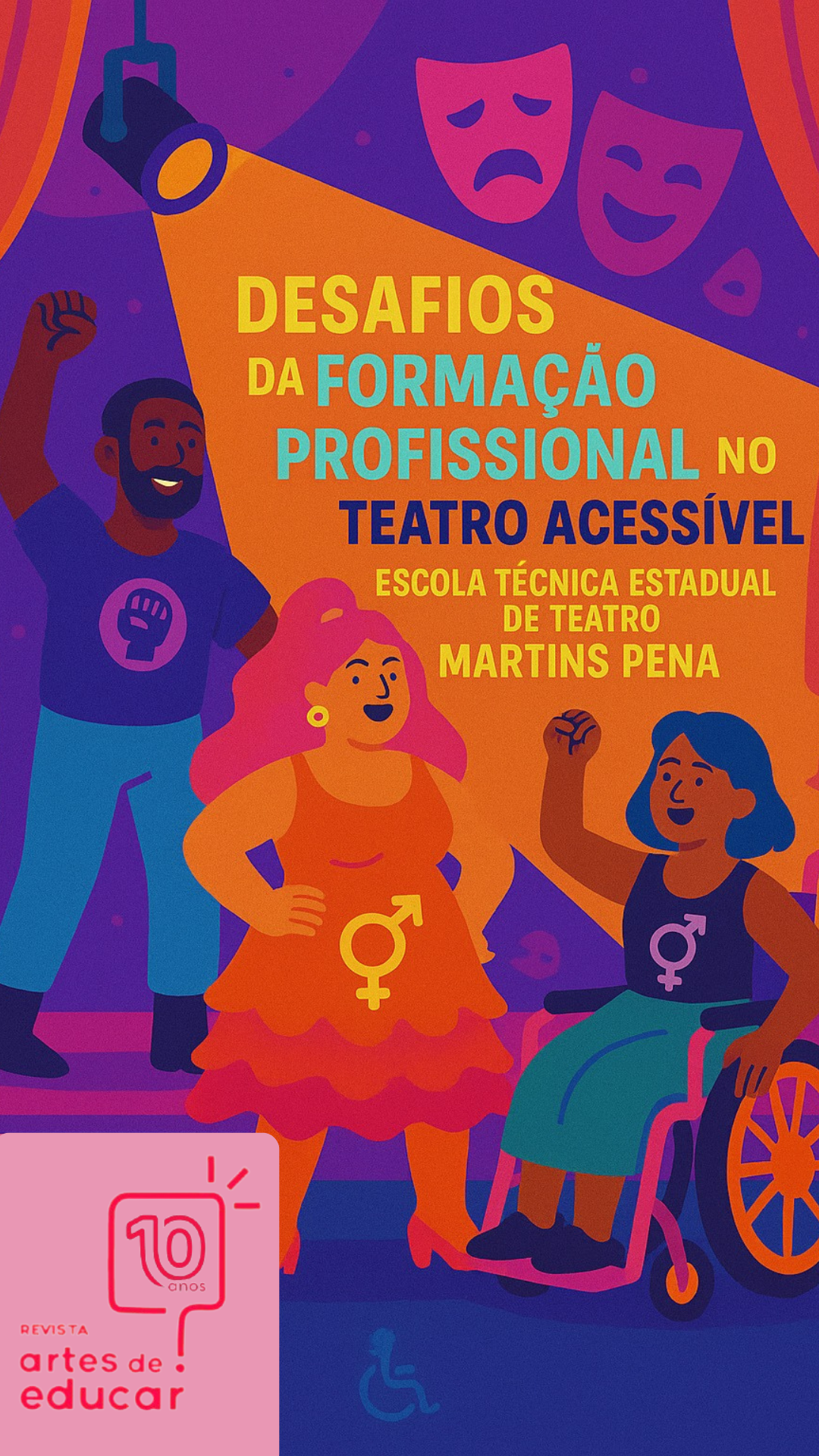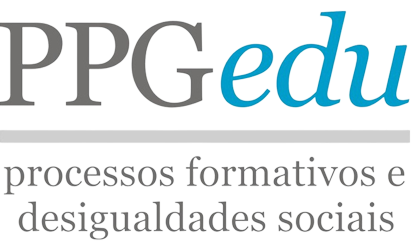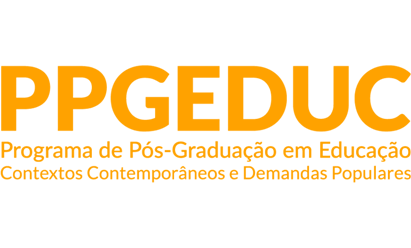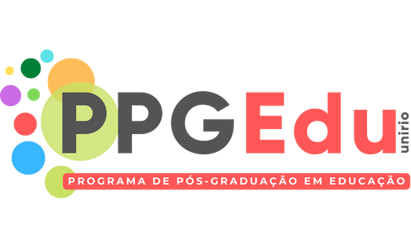Ignorância, redes sociais e a universidade (escola): o negacionismo e uma pseudo horizontalidade no debate
DOI:
https://doi.org/10.12957/riae.2025.82824Palavras-chave:
Universidade, Escola, Negacionismo, Falsos Debates, Liberdade AcadêmicaResumo
Este artigo traz um relato de experiência na disciplina de filosofia, em um curso presencial, como parte de sua grade ministrada na modalidade EAD, de uma universidade particular no Rio de Janeiro. Apresenta um episódio vivenciado pelo professor-tutor de acusações de “ativismo político-ideológico” na produção e correção de uma atividade avaliativa, relatando as ameaças e intimidações sofridas no seu direito e dever de lecionar e ensinar. Assim, discutimos, a partir do ocorrido, como tem se configurado a utilização da ignorância (negacionismo) como estratégia para criar uma falsa horizontalidade em debates e como isso fomenta a coação no campo da educação, catapultada pelas redes sociais. Abordamos, ainda, a necessidade de pensar a presença dessas perspectivas negacionistas, dos discursos produzidos e que circulam nas/pelas redes sociais e têm ecoado nas universidades e escolas. E, por fim, perceber a importância do debate entre a formação ético-política no fomento de uma educação democrática.
Downloads
Publicado
Como Citar
Edição
Seção
Licença
Copyright (c) 2025 André Luiz Bernardo Storino

Este trabalho está licenciado sob uma licença Creative Commons Attribution-NonCommercial 4.0 International License.
Os autores mantêm os direitos autorais dos seus trabalhos, têm permissão para publicar e distribuir seu trabalho online (ex.: em repositórios institucionais ou na sua página pessoal) a qualquer ponto antes ou durante o processo editorial, já que isso pode gerar alterações produtivas, bem como aumentar o impacto e a citação do trabalho publicado.
A aceitação do texto implica na autorização e exclusividade da Revista Interinstitucional Artes de Educar acerca do direito de primeira publicação, os trabalhos publicados estão simultaneamente licenciados com uma licença Creative Commons Atribuição-Não Comercial 4.0 Internacional 























